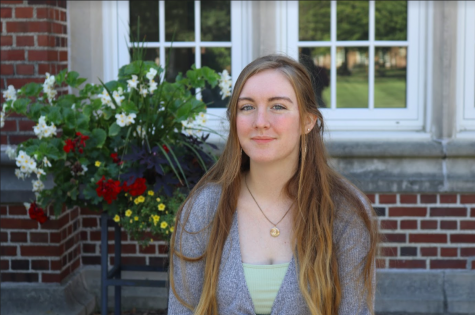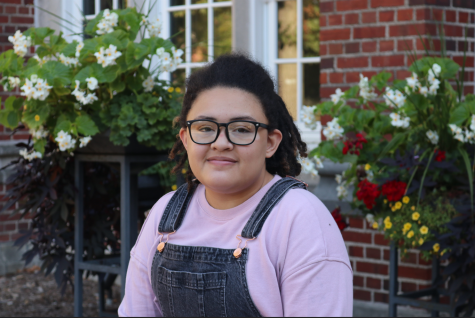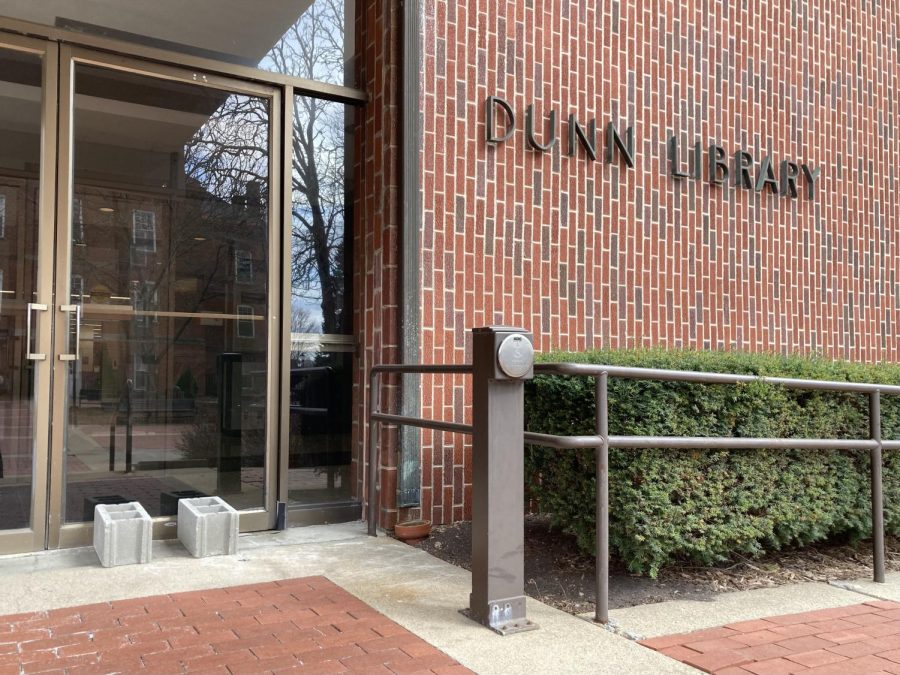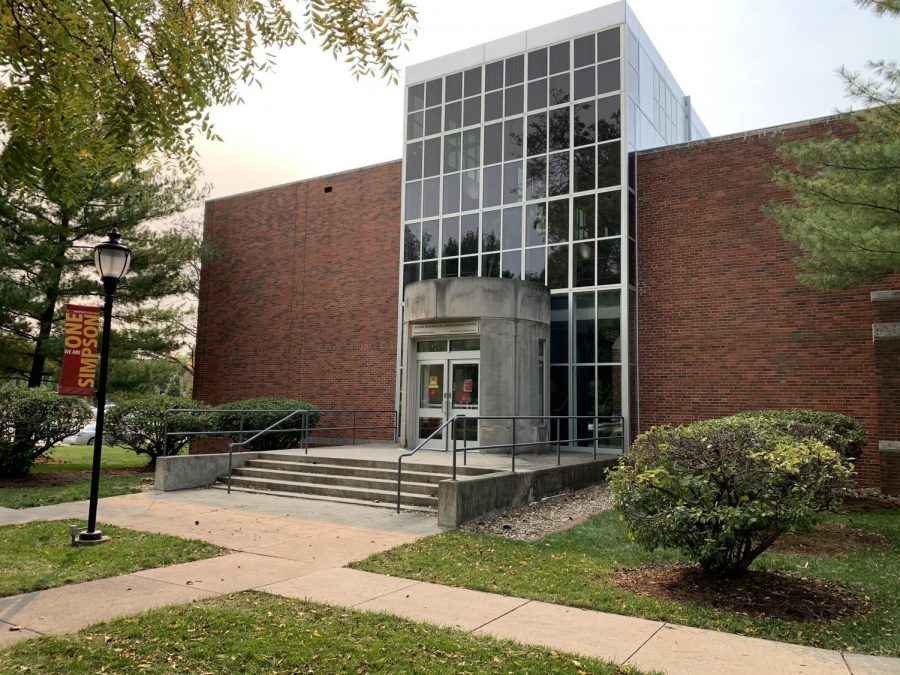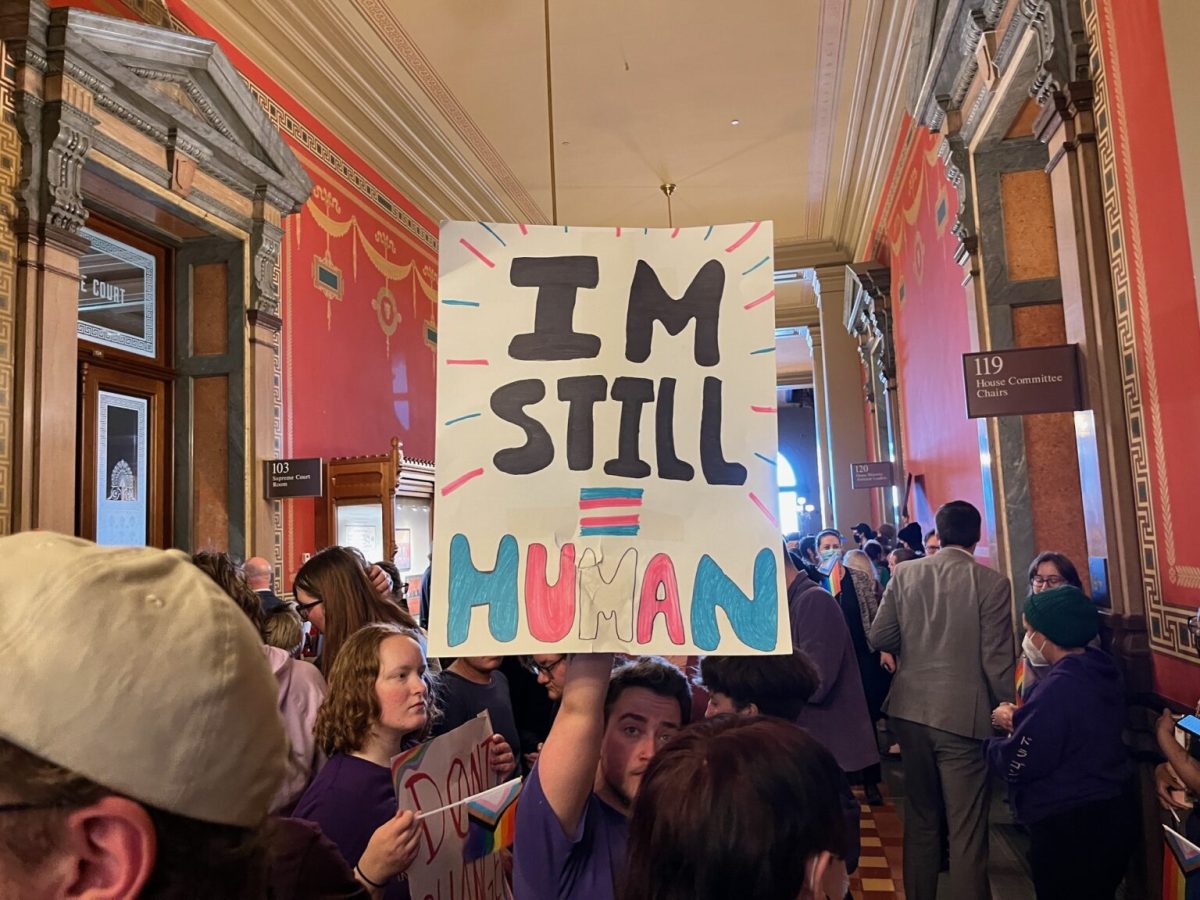Editorial: “We do not care about PR”: erasure of Indigenous voices and refusal to commit
November 17, 2021
Indigenous peoples continue to be ignored by government institutions–including student government.
Recently, the world’s leaders convened for the 2021 United Nations Climate Change Conference, or COP26, in Glasgow from Oct. 31 through Nov. 13. While the conference was happening, Indigenous activists were outside protesting inadequate action on the part of participating governments, as well as the continued exclusion of Indigenous knowledge and solutions in favor of non Indigenous climate scientists and compromises with corporate interests.
Similarly, back in the United States, the United States government ignored demands to honor the treaties and stop Line 3, a pipeline by Enbridge Energy, that would carry tar sands crude oil from Alberta, Canada and go through Minnesota to Wisconsin. The Biden administration not only failed to suspend or revoke the permits that allowed for the pipeline’s completion; in fact, the Biden administration has defended the pipeline project, which isn’t the first time the Biden administration has defended projects that defies calls for change from Indigenous communities and protecting the interests of oil companies.
The pipeline was completed in September, though the fight is far from over. Recently, water protectors confronted Minnesota senator Amy Klobuchar at a fundraising event. So opposition continues, but leaders in government also continue to avert their eyes.
During the Nov. 8 meeting of the Student Government Association, a student senator asked why Indigenous students were not included in discussions surrounding the Indigenous People’s Day proclamation presented to SGA by Simpson College’s Native American and Indigenous Student Alliance on Oct. 6.
The NAISA co-presidents have reached out multiple times after the resolution was presented to SGA, asking the president and the vice-president for an update on the resolution’s progress. While there has been some communication between the SGA vice-president and NAISA, there still has been no invitation or follow-up to attend any meetings regarding the resolution.
To watch as the world’s government leaders continue to ignore Indigenous voices and then receive word that student government is acting on its own accord, without the input of NAISA’s leaders at the very least, let alone without any Indigenous students present, came as a sharp reminder of the continued role governing bodies, even at the academic level, have at erasing Indigenous voices.
Indigenous people need a seat at the table, especially at a conversation that revolves around Indigenous issues.
It’s impossible to know what Indigenous people are thinking unless you are Indigenous. It’s irresponsible to act, as a non-Indigenous person, as if you can somehow speak for Indigenous people.
For starters, Indigenous peoples are not a monolith. Within the United States, there are 574 federally recognized tribes and 63 state-recognized tribes. There are even more nations that have gone unrecognized by both federal and state governments. This statistic also does not account for other Indigenous peoples outside of the United States, some of whom are actively being colonized and occupied by the United States and its military.
The issue of Indigenous people being left out of governmental affairs isn’t unique to Simpson, nor is it unique to any other institution. Indigenous people are even left out of governmental affairs within the United States. The voter turnout of Indigenous peoples is 1-10% lower than the rate of any other group in the US, according to the National Congress of American Indians. This isn’t by their own accord. In states like South Dakota, voters must provide a residential mailing address – these don’t exist on reservations.
Real change needs to be made. On every level.
Simpson College, according to the writing of the college’s own Joe Walt, is founded on the former hunting ground of the Meskwaki. This has never been acknowledged by the college, aside from the opening page of “Beneath the Whispering Maples.”
Additionally, Simpson College has never formally acknowledged its recognition of Indigenous People’s Day. I understand that it also doesn’t boast Columbus Day, but that hardly matters.
Recognizing Indigenous People’s Day is an incredibly small and miniscule action that the college refuses to do.
A flag won’t make a real difference, neither will a social media post or a blurb in the Campus Pulse. We do not care about PR, or whatever meaningless, inane, toothless appeasement SGA or Simpson College wants to put forward without the input of Indigenous students.
If we want real change for Indigenous people on this campus, Indigenous people need to have a seat at any and every single table. Especially during discussions about their rights and place on campus.
If the college wants real change, it needs to work with the Meskwaki to heal how this city and this county and this country and this college were founded.



